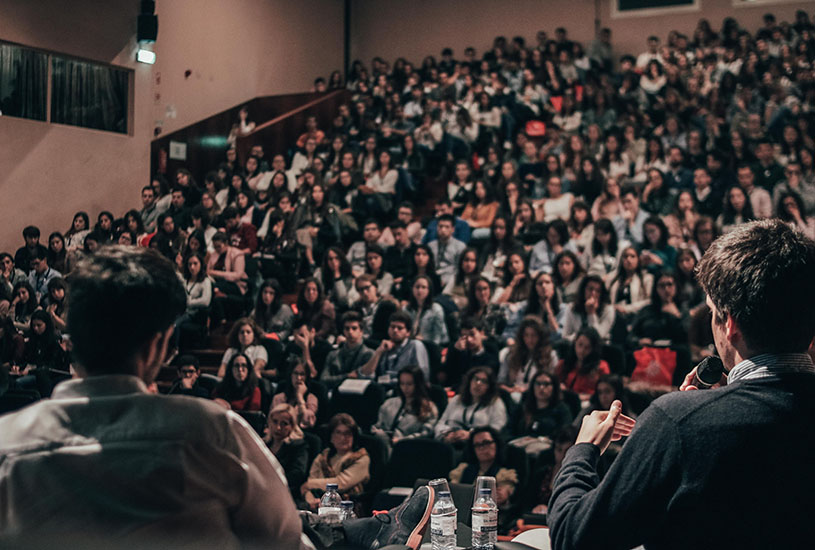The Geelong community is invited to the Harrison Lecture for Innovation and Barry Jones Medal presentation.
They might be much maligned, but the offspring of the detested blowfly have an important role to play in treating wounds and fighting infections.
The Geelong community, including Deakin University staff and students, will get a chance to hear about the role maggots are playing in modern medicine as an example of the world-class innovation taking place on their home turf at a public lecture on March 29.
The free Harrison Lecture for Innovation, and the presentation of the Barry Jones Medal have now become annual events for the Geelong community. The Medal, now in its fourth year, honours an individual for their efforts in promoting Geelong as a place of world-leading research and innovation.
Entitled “Maggots and their Microbe Friends: Unravelling the Mystery,” the lecture will be presented by Deakin entomologist Associate Professor in Forensic Science, Michelle Harvey.
In a time of increased antibiotic resistance, Associate Professor Harvey is investigating the relationship between maggots and microbes to determine whether there are better ways of using maggots in clinical practice, and in countering flystrike in the farming sector.
[testimonial_text]Forensic entomologists use maggots to aid in estimation of post-mortem interval and maggots’ love for all things dead is already being exploited in maggot debridement therapy to remove dead tissue from wounds and stimulate new tissue growth[/testimonial_text]
[testimonial_picture name=”Michelle Harvey” details=”Associate Professor in Forensic Science”]
 [/testimonial_picture]
[/testimonial_picture]“However, discovering how flies do what they do in bacterially-dense environments and what makes them so successful at killing off damaging bacteria, spreading useful bacteria, and surviving the bacterial onslaught themselves, could lead to new ways to make use of maggot superpowers in medical treatments.
“Maggots are already being used to clean infected wounds, such as diabetic ulcers and pressure sores, but this could be extended to fight other chronic external infections by harnessing the bacteria that live inside maggots – including the creation of ‘infection specific’ maggots.
“There are over 900 bacterial species that live within wild flies and maggots, which kill anything that may harm them. Currently, maggots are sterilised before they are put on a wound, but their bacterial sidekicks could actually provide better healing.”
The Barry Jones Medal is awarded to the person who has done the most to promote Geelong as a place of research and innovation in the past year and will be presented by the man himself, Australian Living Treasure, The Hon Barry Jones AC. Australia’s longest serving science minister (1983-1990) and best known intellectual, Dr Jones is also a writer, lawyer, broadcaster and social activist. He was born in Geelong during the Great Depression and retains a strong affection for the City.
The Harrison Lecture for Innovation, and Barry Jones Medal presentation will be held on Wednesday 29th March, from 4pm to 5pm at Wurdi Youang, 5th Floor, Geelong Regional Library, 51 Little Malop Street, Geelong.



